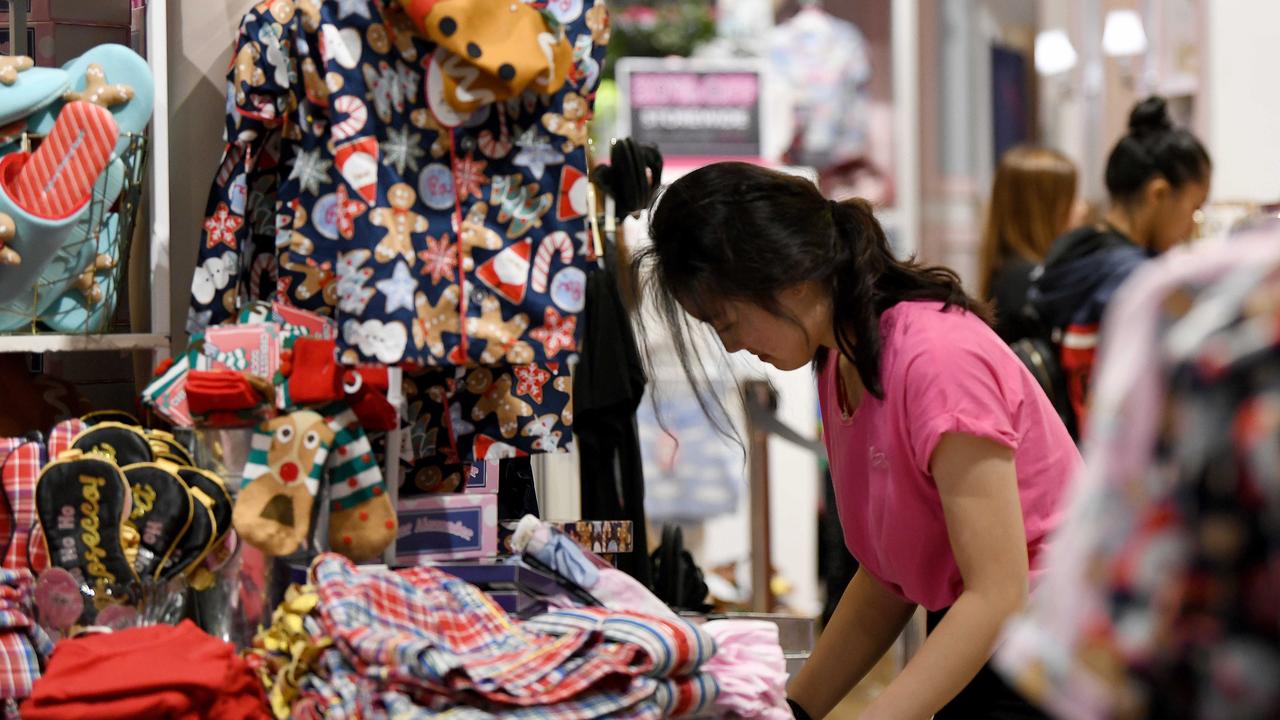Beyonce’s new song has been hailed an ode to the Great Resignation, but what does that mean?
Beyonce’s new single is an ode to quitting the hustle and getting more sleep, but what is the Great Resignation?
In news I never thought I’d be writing, Beyonce has become an accidental spokesperson for the Great Resignation.
The singer’s released the first single Break My Soul from her upcoming seventh studio album Act 1 Renaissance on Monday and it has already been tagged as having “big quit energy” by The Cut, and fans have joked about taking it as their cue to hand in their notice.

me sending my resignation email because Beyoncé told me to pic.twitter.com/WfprBN7dTr
— Laura Kramer (@Laura_Kramer) June 21, 2022
Still can’t get over how Beyoncé is about to catalyze a mass resignation bc we surviving off vibes now
— Ronni is the Thrilla from Manila (@LovesTheWords) June 21, 2022
The song could not be more explicit in telling listeners the perks of ditching the grind and getting back to “sleeping real good”. In her opening line Beyonce sings: “I just quit my job / I’m gonna find a new drive / Damn, they work me so hard / Work by nine / Then off past five.”
She’s basically starting a revolution for overtime pay. The title, which she spells in all caps, is the cherry on top of this workers rights’ sundae.
But Queen Bey hasn’t been a stand-alone catalyst in inspiring a generation to quit, but she is tapping into the Great Resignation trend that has been rising in major economies around the world during and after the pandemic.
And although the buzzwords for the en masse reshuffling of work-life priorities started in the US, Australia has seen signs of its own Big Quit, according to the Australian Bureau of Statistics (ABS).
The ABS’ quarterly labour force statistics revealed the national turnover rate (or ‘quit’ rate) rose to 9.5 per cent in the year to February 2022 – its highest level since 2012.
That means 1.3 million people (9.5 per cent of employed people) changed their jobs, the highest annual job mobility rate since 2012.
Another 5.2 per cent of employed people reported they were expecting to change jobs in the next 12 months.

CEO of management consultancy ASPL Kris Grant predicted the rate could hit 15 per cent by the end of the year, as the labour market tightens, unemployment drops to new lows, and inflation keeps putting pressure on living costs and employees look for “higher paid and more satisfying work”.
“Employees who aren’t happy will walk and increasingly, they are using their bargaining power to ask for higher salaries,” Ms Grant said.
“With skills shortages emerging across all industries in Australia and job ads at historic highs, the time has never been better to look for a new job.”
Job mobility has been particularly pronounced for women – rising from 7.6 per cent to 10 per cent in the same period (for men it rose from 7.5 per cent to 9.1 per cent) – many of whom are finding their voice to demand better pay and more satisfying work in their already overburdened lives.

Senior Deputy Dean of the UNSW Business School Leisa Sargent says women in particular are feeling an overwhelming sense of having “nothing left in the tank” after the pandemic.
“If there’s nothing left, how do we build up the reservoir,” she said. “That capacity to respond to future exogenous shocks, like another pandemic or another kind of crisis?”
She said women have carried the load of care roles during the pandemic, managing working from home with home schooling, while juggling regular domestic responsibilities.
And many women have also been on the frontline of the pandemic as healthcare workers – the ABS reports that 77.9 per cent of healthcare and social assistance workers are women.

The most recent Women’s Ambitions Report found 31 per cent of 1400 survey respondents spent more time on domestic work, while 39 per cent said burnout may interfere with their ambitions in the next two years.
Almost 30 per cent of respondents reported feeling less optimistic about their career prospects than before the pandemic.
A separate study found younger people are more likely to change a job to better align with their personal desires.
The Randstad Workmonitor study, which polled 35,000 employees across 34 countries (including Australia) found one-third of respondents had quit a job that didn’t fit their personal lives. That figure rose to 40 per cent of those 35 and younger.

Only 30 per cent of Gen X respondents would do the same, and only 25 per cent of Baby Boomers would, too.
Most respondents across the generations said their personal life was “more important than their work life”, happiness at work was a priority post-pandemic, and they want their values reflected in the mission of the company.
More than half of Gen Z and Millennial respondents said they would quit their jobs if it was preventing them from enjoying life (56 and 55 per cent, respectively), while only 38 per cent of Baby Boomers would.
So it seems the wheels of the Great Resignation were already in motion before Beyonce’s musical intervention. But perhaps now anyone teetering on the edge of indecision will have a soundtrack to play as they march out the office doors.





